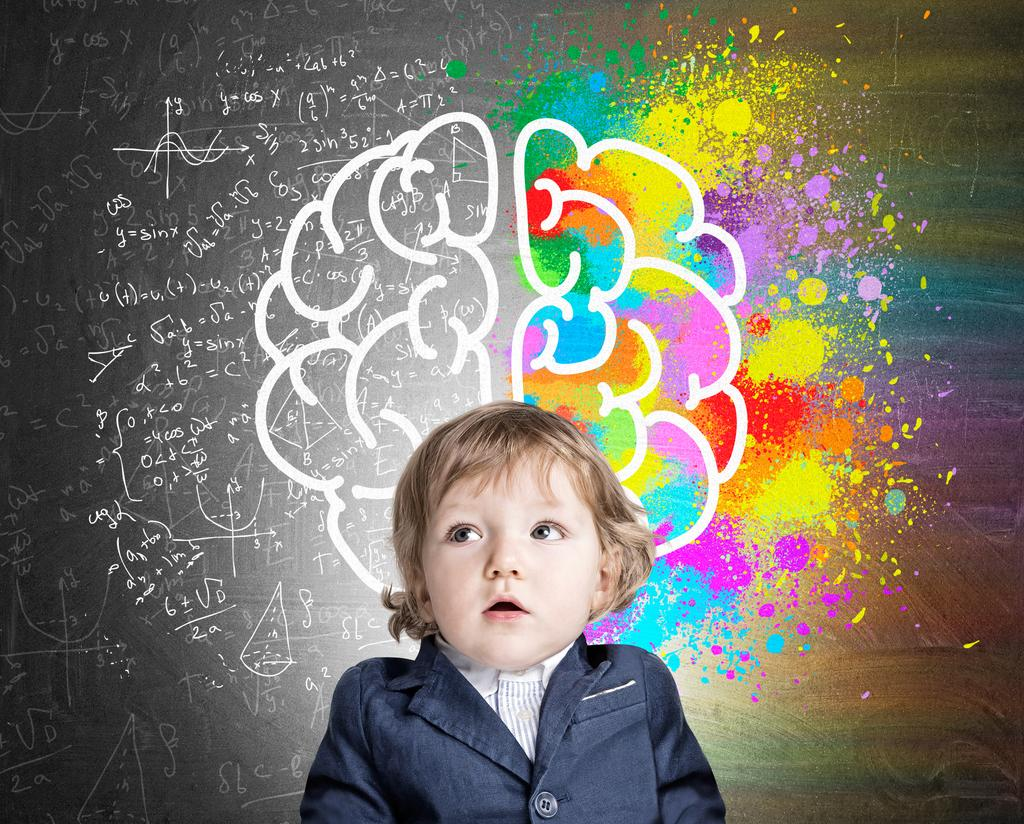As a parent, you want to do everything you can to help your child succeed in life. You feed them healthy food, put them to bed on time, and make sure they get plenty of exercise. But what about their brain development?
It’s just as important to support your child’s brain development as it is their physical development, and the best way to do that is through play. Play is the perfect way for your child to learn and explore the world around them. It helps them develop problem-solving skills, creativity, and language skills.
In this article, we’ll discuss some of the benefits of play for brain development and offer some tips for how you can encourage your child’s development through play.
What Is Brain Development?
You might be wondering, what exactly is brain development? Brain development is the process that starts during conception and continues into childhood and adolescence. It is the construction of neural pathways and connections in the brain.
During brain development, nerve cells form connections called synapses. Synapses are important because they allow nerve cells to communicate with each other. This communication is essential for things like learning and memory.
Brain development doesn’t just happen in the early years of life, though. The brain is constantly growing and making new connections throughout childhood and adolescence.
The Role of Parents in Brain Development
As a parent, you play a vital role in your child’s brain development. You can support your child’s brain development by providing a safe and loving environment, encouraging them to explore and be curious, and by modeling positive behavior. Know more about Brain Development For Kids here.
You can create a safe environment for your child by ensuring that their physical needs are met, such as having a comfortable place to sleep, regular meals, and access to medical care. You can also create a safe emotional environment by providing support and stability, showing empathy and understanding, and setting appropriate limits.
Encouraging your child to explore their world through play is also important for brain development. Play allows children to practice new skills, try out different roles, and solve problems. It is also a great way for them to bond with you and other important people in their lives.
Finally, modeling positive behavior is one of the most important things you can do for your child’s brain development. Children learn by observing the people around them, so it is important to set a good example. This includes exhibiting positive emotions, speaking kindly, and resolving conflicts peacefully.
Brain Development and Play
You might not know this, but playtime is actually essential for brain development in kids. When they’re playing, they’re using all of their senses and creating new neural pathways in their brains. That’s why it’s so important to encourage playtime—it’s literally helping them learn and grow!
There are all sorts of different ways to play, so it’s important to find what works best for your child. Some kids like to be active and run around, while others prefer quieter activities like puzzles or coloring. And there’s no right or wrong way to play—whatever gets them moving and using their imaginations is great!
So the next time your little one is off on an adventure, know that they’re actually doing some pretty amazing things for their brain.
The Benefits of Brain-Boosting Activities
When your child is engaged in brain-boosting activities, they are actively working to develop the neural pathways that will help them think critically, solve problems, and remember information. These activities can also help to improve your child’s fine motor skills, hand-eye coordination, and spatial awareness.
Some great brain-boosting activities for kids include puzzles, building with blocks or Legos, coloring, painting, drawing, and even simple games like hopscotch or Simon Says. And the best part is that these activities are all things that you can do together as a family!
How to Incorporate Brain-Boosting Activities Into Playtime
Here are some specific activities you can do with your child to help boost their brain development:
– Reading together: This helps with language development and also exposes them to new ideas and vocabulary.
– Building block games: These help with spatial awareness, problem-solving, and fine motor skills.
– Pretend play: This helps with imagination, creativity, and social skills.
– Exploring nature: This helps with sensory development, gross motor skills, and appreciation for the world around them. If you are interested to learn more about the best developing toys for 4 years old, you can checkout this site.
FAQs About Brain Development
Below are some frequently asked questions about brain development in children. If you have any other questions, feel free to reach out to us and we’ll be happy to help.
-Q: What’s the best way to support my child’s brain development?
-A: The best way to support your child’s brain development is through play. Encouraging them to explore and use their imagination will help them develop important cognitive skills.
-Q: At what age should I start worrying about my child’s brain development?
-A: It’s never too early to start supporting your child’s brain development. However, if you’re noticing any delays in your child’s development, it’s important to speak with your pediatrician.
-Q: My child is already in school, is it too late to support their brain development?
-A: It’s never too late to support your child’s brain development. However, keep in mind that the earlier you start, the more impact you’ll be able to make.
Conclusion
You can support your child’s brain development by encouraging them to play. Playing helps children learn important skills like problem-solving, critical thinking, and creativity. It also helps them develop social and emotional skills.
There are many different types of play, so you can find something that your child will enjoy and that will help them learn new skills. Try different activities and see what works best for your child. Remember, the best way to support your child’s brain development is to have fun!
